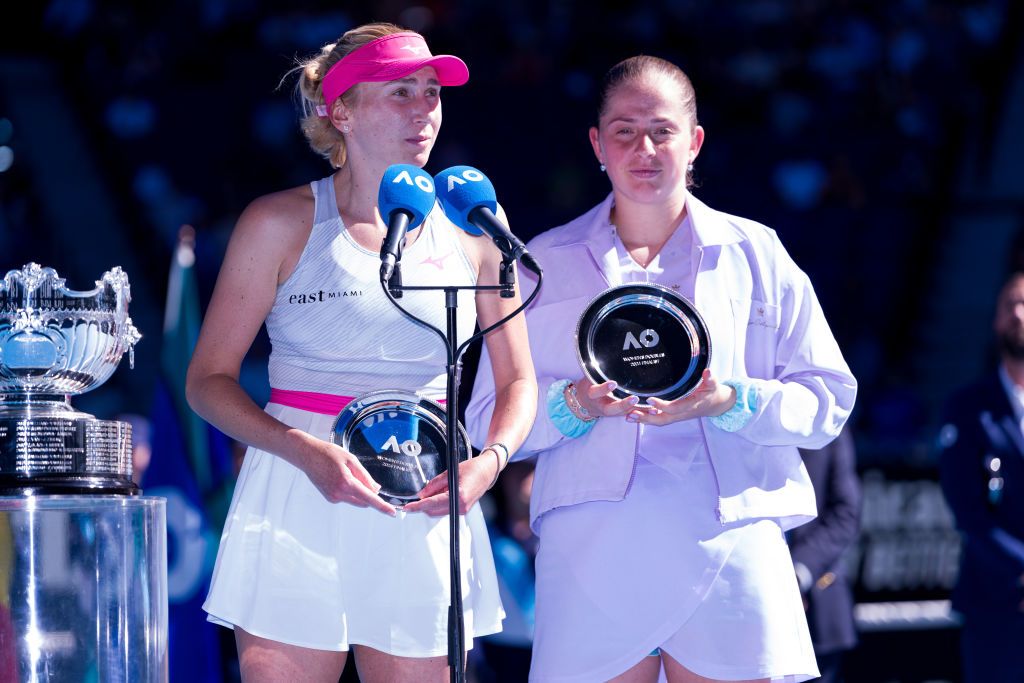Russian figure skater Kamila Valieva banned for 4 years over doping

Switzerland's Court of Arbitration for Sport (CAS) ruled on Jan. 29 to ban Russian figure skater Kamila Valieva from competition for four years, declaring her guilty of an anti-doping violation.
The decision, backdated to Dec. 25, 2021, also strips Valieva of any titles and awards received after that date, as well as puts Russia's team gold at the 2022 Winter Olympics at risk.
The ban will end in 2025, which means Valieva will be able to compete at the next Winter Olympics in 2026.
At the Beijing Olympics, then-15-year-old Valieva dominated headlines, becoming the first woman to complete a quadruple jump and leading her country's team to gold.
A day later, news emerged that she had tested positive for trimetazidine, a heart medicine that can boost stamina, at the Russian national championships weeks before the Games. No medal ceremony was held then, which was unprecedented for the Olympics.
Valieva claimed that she had accidentally taken the medication prescribed for her grandfather. Russia's anti-doping body had cleared her of any wrongdoing, citing her minor age when the sample was taken, with the CAS arguing that "there is no basis under the rules to treat them (minors) any differently from an adult athlete."
Valieva's disqualification may lead to the results of the Russian Olympic figure skating team being canceled, but this decision reportedly lies with the International Skating Union (ISU). At the 2022 Games, the U.S. scored second place, followed by Japan and Canada.
"The consequences linked to the retroactive disqualification of Ms. Valieva from past events, including from the Olympic Winter Games Beijing 2022, were not within the scope of this arbitration procedure and will have to be examined by the sports organizations concerned," the CAS said in a statement.












